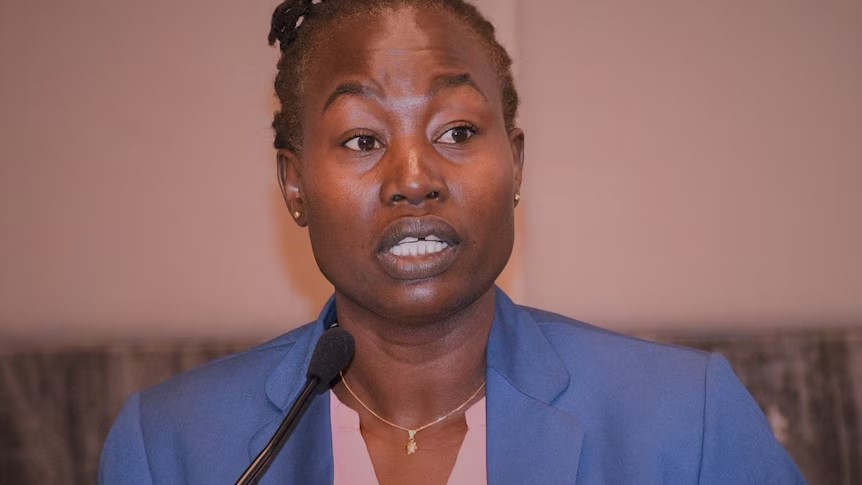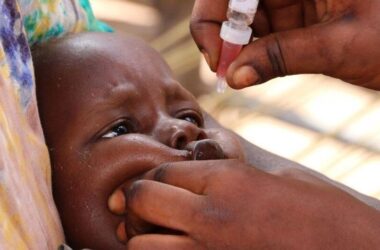By Kidega Livingstone
The Ministry of Health has stated that there are no confirmed cases of Monkeypox in South Sudan.
Despite recording some suspected cases, testing results have shown no positive diagnoses.
Minister of Health Yolanda Awel Deng told the media yesterday that samples were collected from 25 individuals suspected of having the disease. Out of those samples, 17 were tested, and all returned negative results.
“The Ministry assures the public that there are no confirmed cases of MPox in South Sudan, and we urge everyone to remain calm but vigilant. Report any suspected cases to the nearest health facility or call the toll-free line 6666,” she said.
While the country has seen suspected cases, Minister Deng noted that no confirmations have emerged thus far.
The states most affected by suspected infections are Eastern Equatoria, Western Equatoria, Central Equatoria, and Northern Bahr el Ghazal, which border regions experiencing outbreaks, including the DRC, Uganda, Burundi, Kenya, and Sudan.
The Ministry is actively monitoring the Mpox situation in the region and is enhancing preparedness and operational readiness to respond promptly to any potential outbreak.
The Minister advised individuals displaying signs or symptoms of Mpox to avoid self-medication and seek medical attention instead.
Mpox is a viral zoonotic disease primarily transmitted from animals, such as wild rodents, to humans.
Human-to-human transmission can occur through direct contact with infected skin lesions or body fluids, as well as via contaminated materials like bedding.
Symptoms typically include fever, headache, muscle aches, malaise, and swollen lymph nodes, followed by a rash a few days later.
The public is encouraged to adhere to essential preventive measures, including avoiding close contact with infected individuals, using personal protective equipment when caring for patients, not sharing bedding or utensils with sick people, practicing hand hygiene, and isolating infected patients.
From January 2022 through June 30, 2024, a total of 99,176 laboratory-confirmed cases of Mpox worldwide, including 28 deaths, according to the World Health Organization, across six WHO regions and 166 countries.




